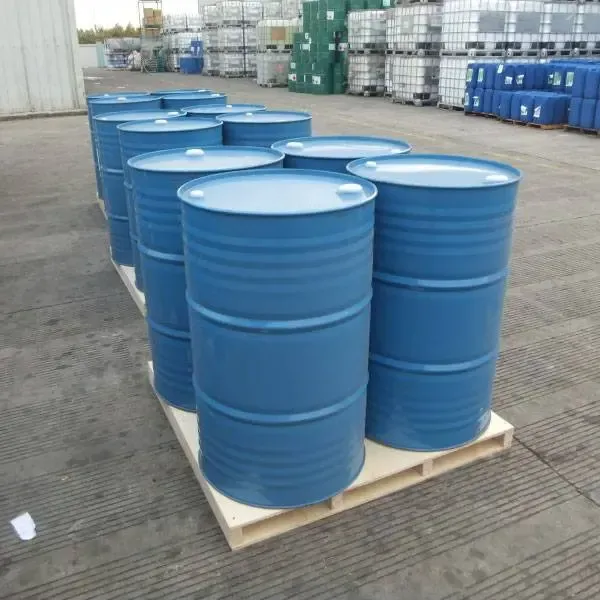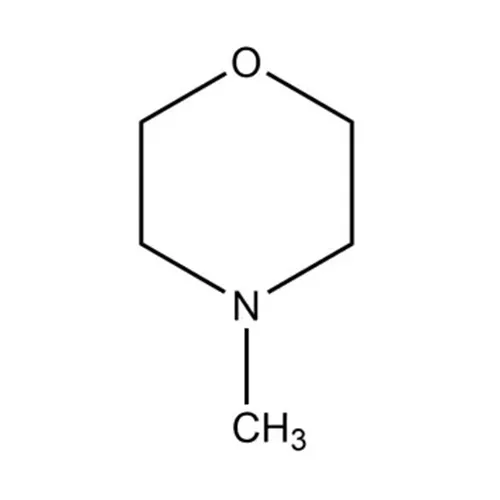emergency potassium iodide


The safety profile of potassium iodide for short-term use is well-documented, and the risks of side effects are minimal for most populations. Common side effects may include gastrointestinal disturbances or minor allergic reactions. However, those with pre-existing thyroid conditions, such as hyperthyroidism or autoimmune thyroiditis, should consult a healthcare professional prior to KI administration. Furthermore, it's pivotal to recognize that potassium iodide is not a universal solution for all forms of radiation exposure. It specifically protects against the uptake of radioactive iodine, and its protective scope does not extend to other radioactive materials. Expert organizations such as the Centers for Disease Control and Prevention (CDC) and the World Health Organization (WHO) emphasize the importance of integrating potassium iodide within a broader emergency response plan. It's recommended to store KI as part of an emergency kit, alongside other essentials such as food, water, and first aid materials. Moreover, educational initiatives about the strategic use of potassium iodide can empower communities to respond effectively in emergencies, thereby improving public health outcomes. Trust in potassium iodide's efficacy is bolstered by decades of scientific research and validated by its role in past nuclear incidents. For instance, its routine use following the Chernobyl disaster contributed significantly to reducing thyroid-related illnesses in affected populations. Such empirical evidence builds a credible case for its inclusion in preparedness strategies against radiological threats. In summation, the practical value of potassium iodide as an emergency product underscores the need for increased public awareness regarding its capabilities and limitations. By fostering informed decision-making, communities can leverage the protective benefits of KI, reducing health risks associated with radiation exposure and enhancing overall safety in nuclear-related emergencies.
Post time: ఫిబ్ర . 12, 2025 21:15


















